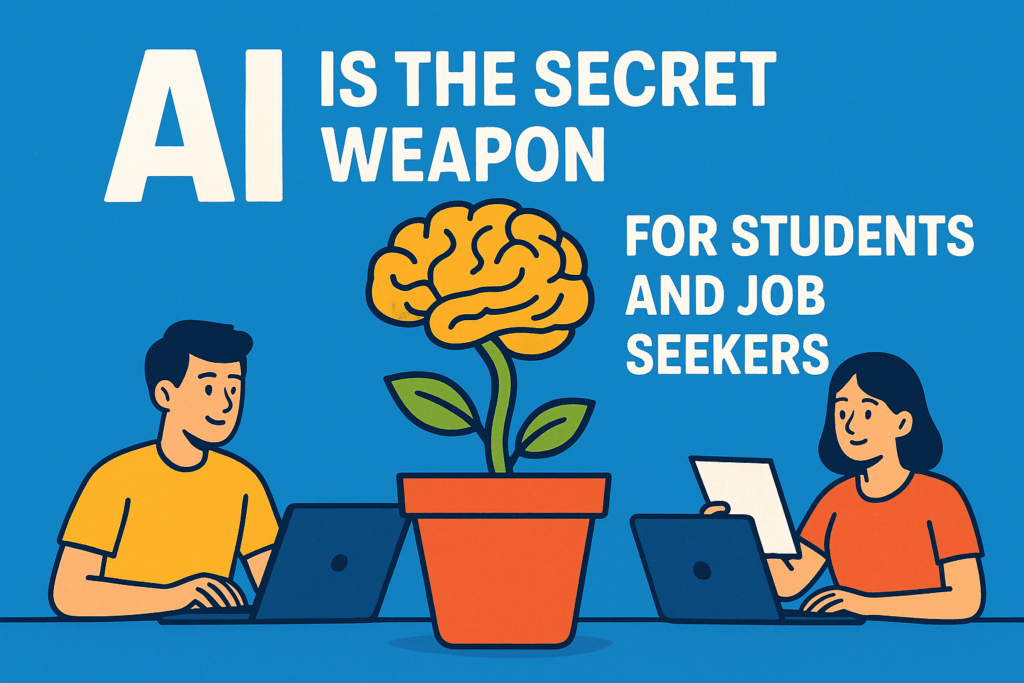
The Future of AI in Healthcare: Transforming Medicine and Patient Care
Artificial Intelligence (AI) is no longer a futuristic concept—it is here, actively reshaping the healthcare industry. From improving diagnosis accuracy to enhancing patient care and administrative efficiency, AI has the potential to revolutionize medicine in ways once thought impossible. As hospitals, clinics, and health startups embrace AI-powered tools, the future of healthcare looks smarter, faster, and more personalized.
🔹 1. AI in Early Diagnosis and Disease Detection
One of the most promising applications of AI in healthcare is early diagnosis. Machine learning algorithms can analyze vast amounts of medical data, such as X-rays, MRIs, CT scans, and even genetic profiles, to detect diseases earlier than the human eye can.
Cancer detection: AI tools can identify tiny abnormalities in mammograms or lung scans that radiologists might miss.
Cardiology: AI monitors ECG data in real-time, predicting potential heart conditions before they escalate.
Neurology: AI systems analyze brain scans to detect early signs of Alzheimer’s or Parkinson’s.
This speed and accuracy not only save lives but also reduce the cost of late-stage treatments.
🔹 2. Personalized Medicine and Treatment Plans
Every patient is unique. With AI, healthcare providers can move beyond “one-size-fits-all” treatments to personalized medicine. By analyzing a patient’s genetics, medical history, and lifestyle data, AI can help doctors recommend the most effective therapies.
For example:
AI-driven systems suggest personalized drug dosages to minimize side effects.
Precision medicine tailors cancer treatment to target specific tumors.
Wearable devices provide real-time health data for customized care.
This shift ensures treatments are more efficient, effective, and patient-centered.
🔹 3. Virtual Health Assistants and Chatbots
AI-powered chatbots and virtual assistants are transforming how patients interact with healthcare providers. These tools:
Answer common health-related questions.
Provide medication reminders.
Help schedule appointments.
Offer mental health support through 24/7 conversational AI.
In rural or underserved regions, these tools bridge the gap by providing immediate medical guidance when doctors are not available.
🔹 4. AI in Drug Discovery and Development
Traditional drug discovery takes years and costs billions. AI accelerates this process by analyzing biological data to identify potential drug candidates faster. During the COVID-19 pandemic, AI systems were used to predict effective compounds for vaccines and treatments.
By cutting years off research timelines, AI has the potential to deliver life-saving drugs more quickly and at a lower cost.
🔹 5. Remote Patient Monitoring and Telemedicine
AI is driving the telemedicine revolution. With wearable devices and health apps, doctors can now monitor patients remotely in real-time. For example:
AI-powered smartwatches detect irregular heartbeats.
Glucose monitors automatically track and alert patients with diabetes.
Remote monitoring tools reduce hospital readmissions and allow elderly patients to live independently.
This makes healthcare more accessible, affordable, and efficient.
🔹 6. Administrative Efficiency and Cost Reduction
Beyond patient care, AI is streamlining hospital administration. Intelligent systems help with:
Automating medical record-keeping.
Predicting patient admission rates.
Reducing billing errors.
Hospitals that adopt AI save both time and money, allowing doctors and nurses to focus on patients instead of paperwork.
🔹 7. Ethical Challenges and the Future
While the benefits are clear, AI in healthcare also raises important ethical questions. Issues such as patient privacy, data security, algorithm bias, and the role of doctors in an AI-driven system must be addressed.
However, experts agree that AI will not replace doctors—it will empower them. The future lies in collaboration: doctors bring empathy and judgment, while AI brings speed and accuracy.
🌟 Conclusion
The future of AI in healthcare is bright. From early diagnosis to drug discovery, personalized medicine to virtual health assistants, AI is set to make healthcare smarter, faster, and more accessible.
By embracing AI responsibly, healthcare systems can provide better patient outcomes, reduce costs, and save millions of lives worldwide.